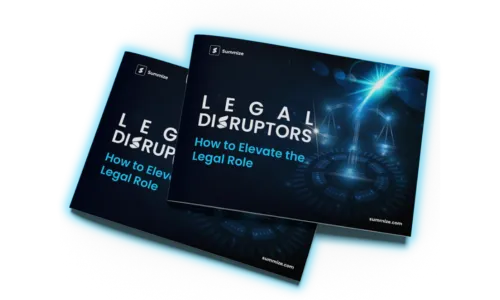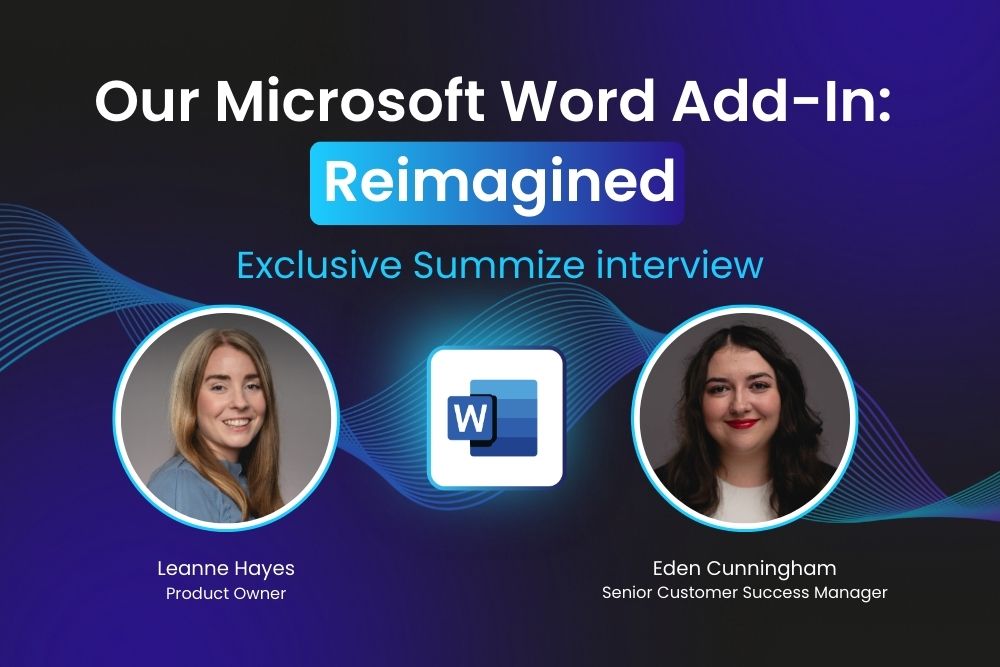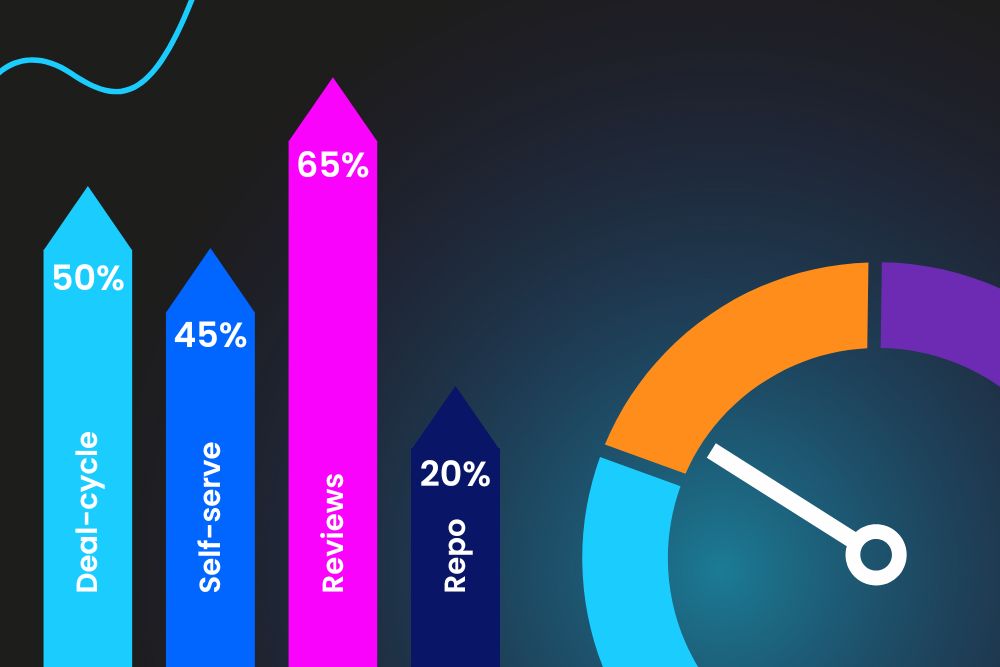Summize in conversation with Marie Widmer
Marie Widmer is the Founder and CEO of Amplifi Ops, a program management software, designed for Legal Operations leaders.
December 22, 2023
December 11, 2025
Implementation can be one of the biggest challenges of any legal tech adoption and is often why many people are put off buying a legal tech solution. Marie Widmer is an experienced Legal Ops professional, and through her experience, she has developed a passion for implementation and ensuring this is done correctly and efficiently to maximize the benefits.
In this episode, Summize's Solutions Architect Jonny Jessop talks with Marie about her experience as a legal ops professional, how to ensure a successful implementation of any legal technology and get buy-in from the wider business when purchasing legal tech.
Meet Marie Widmer
Marie’s path into legal ops was anything but traditional, what she affectionately calls a “happy accident.” Beginning in litigation and then shifting into contract management while in law school, she quickly found herself managing her first CLM implementation. Experiencing both the user journey and the builder’s perspective at the same time ignited her passion for legal technology.
Since then, she’s led multiple implementations, worked across high-growth tech companies, and learned firsthand the pain points legal teams face when introducing new tools.
The evolution of legal ops
Marie and Jonny dive into how legal ops has matured over the past several years. What used to be a loosely defined role, sometimes viewed as a glorified paralegal, has now become a strategic function that bridges legal with the rest of the business.
According to Marie, the shift has been driven by:
- Increasing tech literacy among legal leaders
- Heightened expectations from the business for legal to operate efficiently
- The need for better alignment between legal, sales, procurement, and other teams
- But despite this progress, challenges remain, especially around the adoption and rollout of new technology.
Implementing legal tech: What actually works
Marie shares her top lessons from years of CLM and legal tech implementations:
- Don’t rush: Short implementation timelines almost always lead to poor adoption and expensive fixes later.
- Nurture stakeholder relationships throughout: Buy-in can disappear at any stage, not just the beginning. Constant communication is key.
- Be a strong customer to your vendor: Push back when timelines or approaches don’t align with your experience.
- Track everything: Data points across calls, training sessions, onboarding, and usage help determine what’s working and what isn’t.
- Protect your mental health: Implementations are emotionally taxing, and burnout ultimately harms the project.
AI, CLM adoption & the future of legal ops
Marie believes AI will play a major role in legal transformation, but only if the industry fixes its implementation and change management issues first. Even the best AI won’t work if lawyers don’t trust the rollout or find it easy to use.
Looking ahead five years, Marie predicts:
- Legal ops will become as standardized as sales ops or rev ops
- Certifications and formal career paths will emerge
- Wider global adoption of CLM and legal tech
- More modular, enterprise-integrated tools (like Summize) rather than siloed platforms
Explore the full conversation
This episode is packed with practical, honest insights from someone who has lived the highs and lows of legal operations and technology adoption in fast-paced environments. Whether you're a GC, legal ops professional, or anyone exploring legal innovation, Marie’s perspective is worth hearing. Take a listen to the full podcast at the start of the article, and if you would like to hear more from our Legal Disruptors, explore the Legal Disruptors hub.
Discover even more!
Explore more about contracting and CLM in our ultimate contract guides








